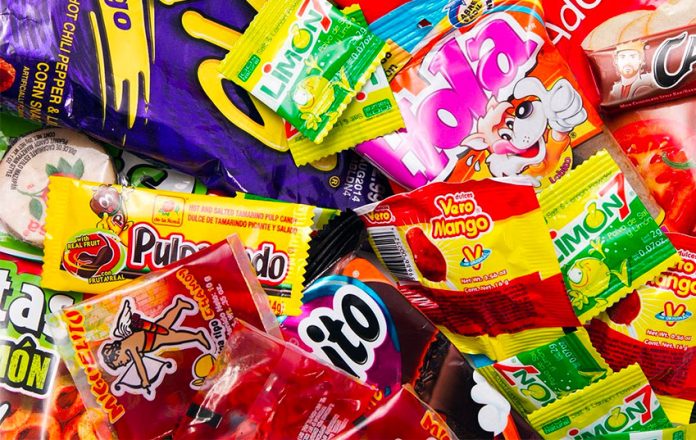Obesity is a greater financial burden on Mexico than petroleum theft, the Pan American Health Organization (PAHO) warned on Monday.
“We’re talking about extremely high figures, 150 billion pesos [US $7.8 billion] a year, obviously it’s more than the fuel theft problem,” said PAHO Mexico representative Cristian Morales.
The obesity problem is growing at an increasingly fast rate, he added.
Morales said that health problems associated with obesity, such as diabetes, not only affect the health of Mexicans but also the capacity to maintain economic growth and sustainable human development.
In that context, PAHO presented a report on Monday that details the consumption of unhealthy food in Mexico and six other Latin American countries and provides public policy recommendations to tackle the problem.

According to PAHO estimates, consumption of junk food in Mexico, Argentina, Brazil, Chile, Colombia, Peru and Venezuela has increased just over 18% in the last decade from 408 calories per person per day in 2009 to 482 calories in 2019.
The report recommends the promotion of unprocessed foods such as fruit, meat and eggs and beverages such as milk. In turn, governments of the seven countries should aim to limit consumption of processed foods through regulatory measures, PAHO said.
In Mexico, the consumption of traditional foods such as tacos, quesadillas and gorditas is not the main cause of the nation’s overweight and obesity problem, said PAHO chronic disease adviser Miguel Malo Serrano.
“How long have Mexicans eaten those things? . . . How long have there been traditional food stands in the street? The overweight and obesity problem took off as an epidemic when ultra-processed foods were incorporated into diets,” he said.
“This started 30 years ago and regrettably we see that Mexico . . . is now the leading country in the world for the consumption of sugary drinks with almost 500 milliliters per capita per day,” Malo said.
He praised the modifications to the General Health Law that stipulate that the labels on food and drinks must warn consumers if they contain high levels of calories, sugar, salt or saturated fat.
“At PAHO, we believe that labeling is fundamental [to reducing obesity] . . .” Malo said.
Another positive development is that soft drink producers last week committed to reduce the calorie content of the drinks they make and sell in Mexico by another 20% over the next five years.
Obesity is a nationwide problem but higher numbers of people suffer from the condition in rural areas and small cities, according to a study presented last week.
The National Health and Nutrition Survey for towns with fewer than 100,000 residents found that 75.2% of Mexicans in such towns were either overweight or obese in 2018, a 4% increase compared to 2012.
Source: Milenio (sp), El Financiero (sp)
